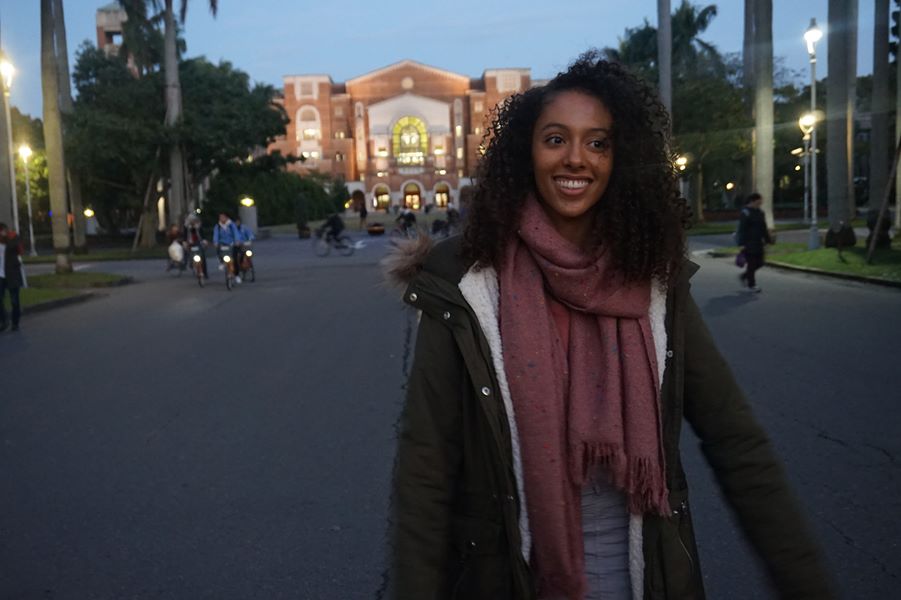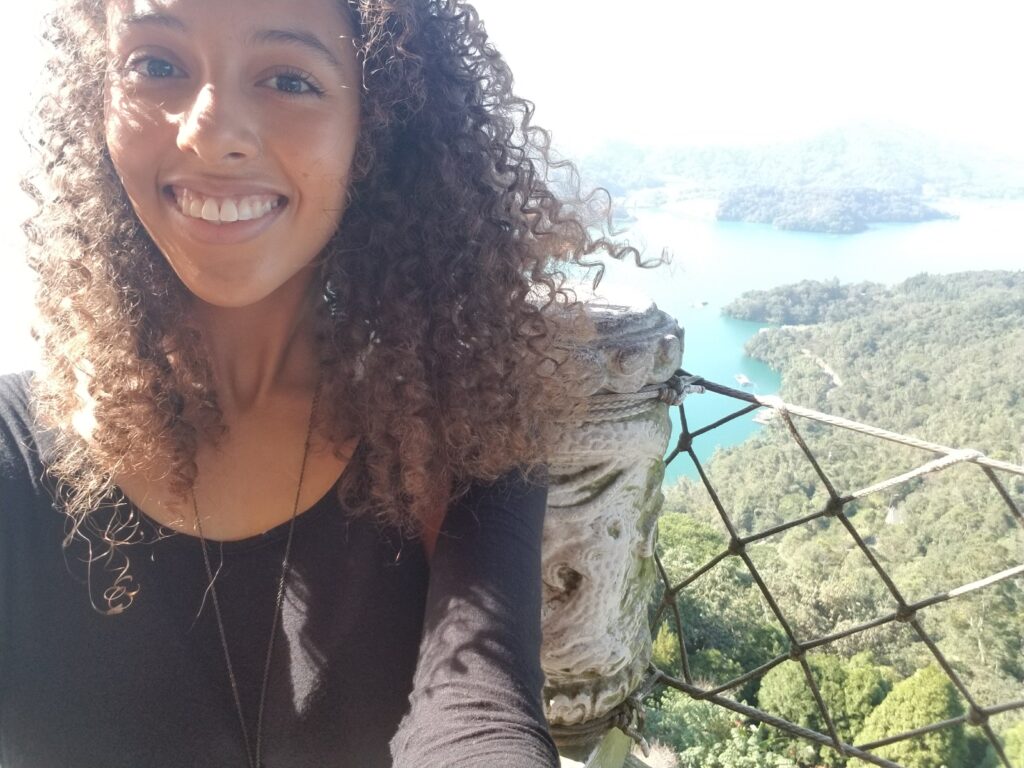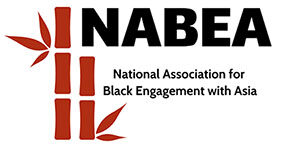
When I was 12 years old, I was presented with the opportunity to be one of the first students in my suburban school to begin studying Chinese as part of a brand new county-wide foreign language curriculum. What began as a simple curiosity in a language and a desire for a challenge, however, quickly grew into a life-changing passion that drew me to the conclusion that—somehow—Asia was going to play a key part in my future career.
In coming from a family where going to college was far from the norm, I had not ever seriously considered higher education as a viable option for me. As I eagerly continued my Chinese studies, however, so too did the idea of pursuing further education become more of a compelling reality. I had a wonderful Chinese teacher, Mr. Long (龙老师), throughout both middle school and high school. Mr. Long was one of my greatest advocates, and it was with his support, along with that of a few other excellent educators, that I gathered up the courage to apply to universities with the goal of finding anything I could pair with my Chinese, with the ultimate goal, of course, to carve out an ideal career for myself.

After just one semester, I came to realize that my excitement in Chinese also translated to a deeper intrigue in international relations as a whole, centering on China’s status as a developing great power and the new political, social and economic dynamics that came with the shifting balance of power from west to east. I also realized that to truly take my Chinese to the competency that my career would require, I would need to travel abroad, and college proved to be the perfect platform for me to do so. Again, I would have never expected that studying abroad would be something someone like me could do—not just because there were so few people that looked like me in my classes (a theme that continued throughout my entire education), but also because I was paying my own way through school. Thankfully, I was able to earn a few competitive government and university scholarships that allowed me to travel to both China and Taiwan on three separate and meaningful occasions.
I joined NABEA because I want to make myself available as a resource for others like me—those interested in the Asia “niche” but unsure of where to go next, not due to a lack of trying but due to a lack of network and legacy connections. Beyond this, I’m thrilled to finally have a community of other people with experiences like myself—no longer do I have to feel like I’m “alone” in my interests. I believe that NABEA allows all of us to continue to encourage and support each other in our separate struggles as the “only black Asia experts” in the room. It has been an incredibly difficult journey to get to my current research-focused career, and many doubts were had along the way—especially since I lacked guidance on the possibilities available to someone like me with my knowledge and expertise. I believe it is absolutely critical that we, as black professionals across all industries in the Asia space, foster communities like NABEA to keep a tight hold of the reality that none of us are ever truly alone in our endeavors.
~~~~~~~~~~~~~~~~~~~~~~~~~~~~~~~~~~~~~~~~~~~~~~~~~~~~~~~~~~~~~~~~
If you identify as Black American or African-American, join our Slack community to connect with other Black Asia experts by filling out our Slack sign-up form! Also, fill out the Database sign-up form to be added to NABEA’s Database, a publicly accessible resource for institutions to find Black Americans across academia, government, and private sector industries who specialize in the Indo-Pacific.
If you do not identify as Black American, sign up for the listserv to receive newsletters and stay up-to-date on NABEA’s activities and programming. Also, please spread awareness by sending this information to any Black American, Asia specialists in your network.
